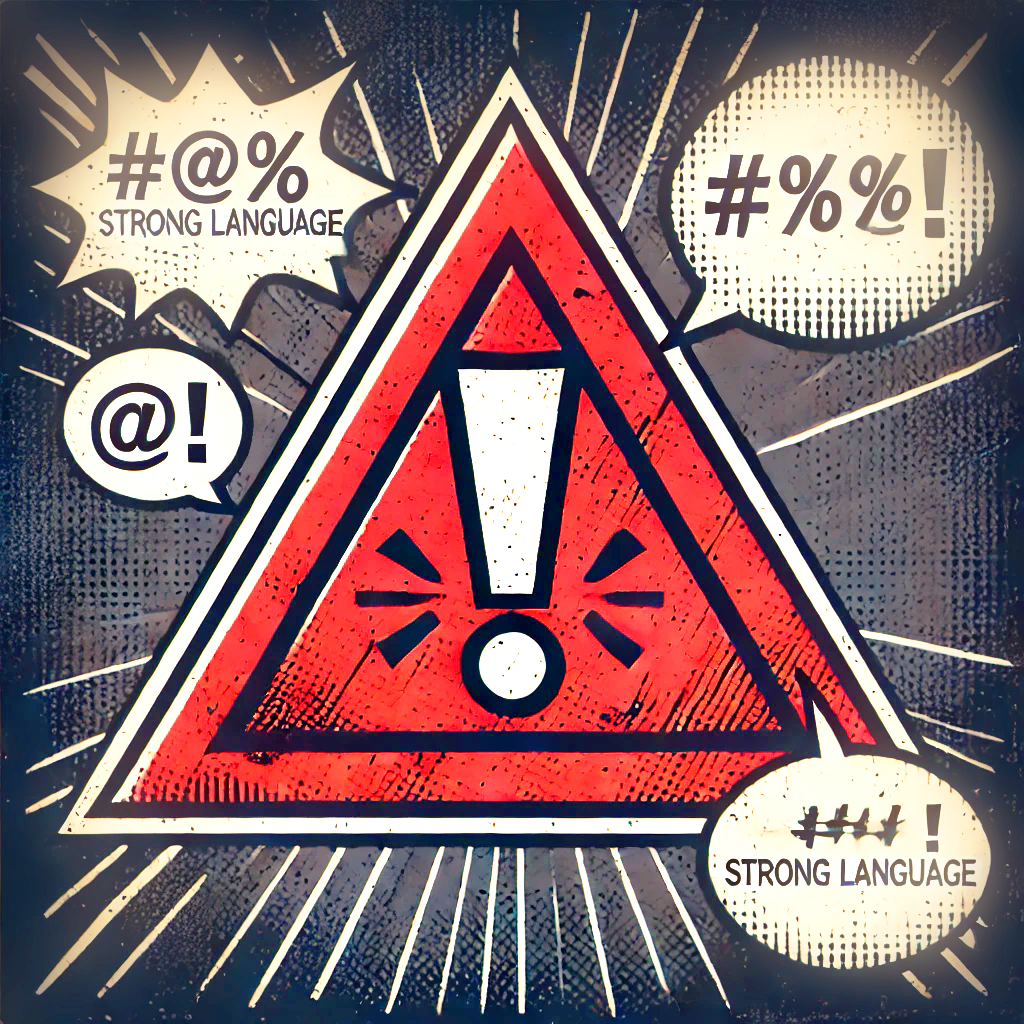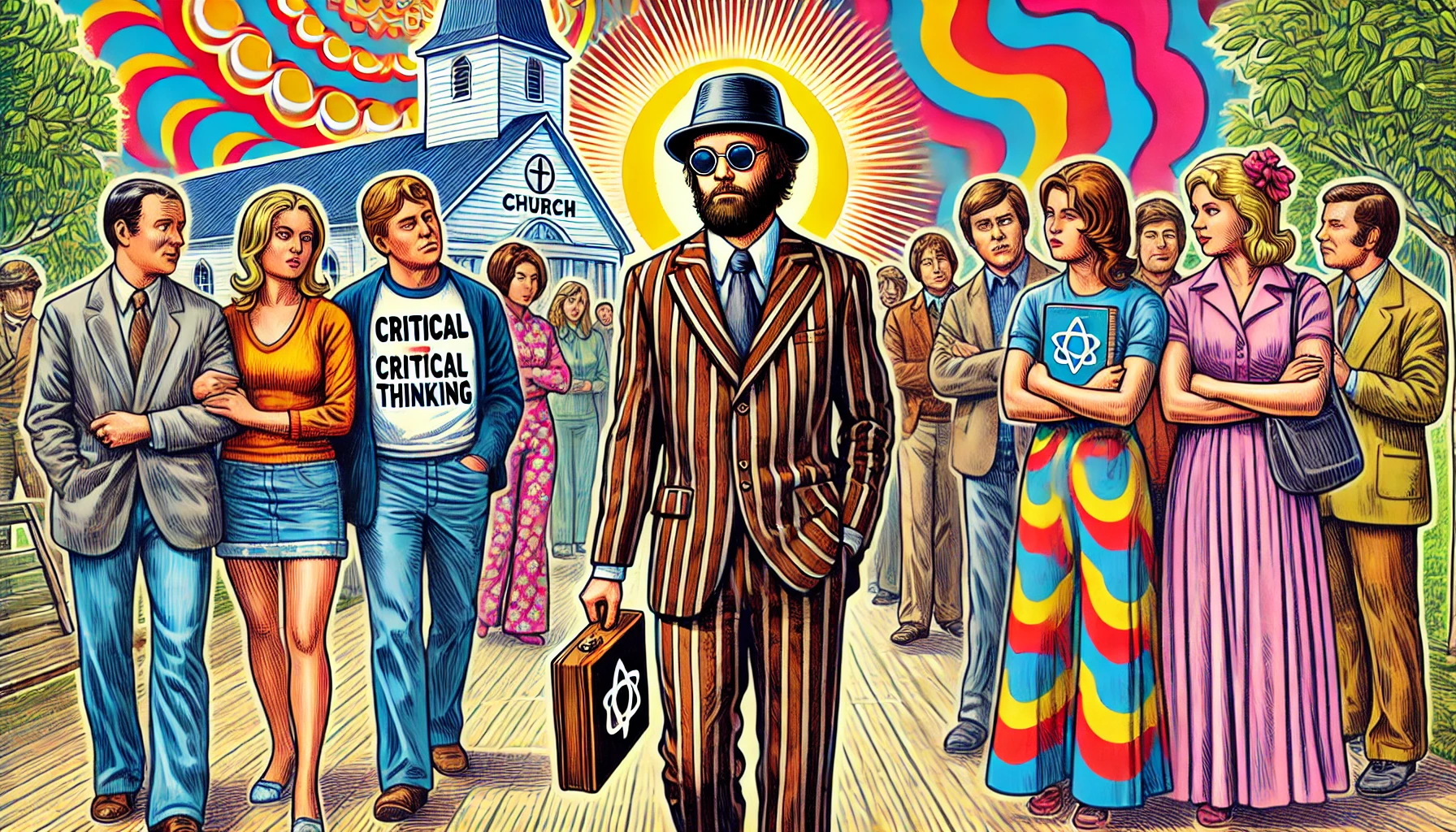Atheists Do Not Face Discrimination or Prejudice
The quaint notion that atheists do not face discrimination or prejudice is as delightful as it is detached from reality. In a world where religious belief is often as ubiquitous as oxygen, the idea that those who choose a different path encounter no resistance is a fairy tale worthy of bedtime stories. Let’s explore this myth with the precision of a historian and the clarity of a seasoned observer.
Contrary to the comforting beliefs of some, atheists do indeed face discrimination and prejudice, particularly in regions where religious faith is woven into the fabric of society. Misconceptions linking atheism with immorality or a lack of patriotism can create significant social and political obstacles for those who dare to think differently from the majority. It’s a fascinating phenomenon: in a land that prides itself on freedom and individual rights, non-believers often find themselves on the receiving end of suspicion and exclusion.
Take, for example, the workplace. An atheist might be passed over for promotions or excluded from team-building activities simply because their lack of belief is viewed as a character flaw. The unspoken rule in many offices is that fitting in means sharing the predominant religious views. Divergence from this unspoken norm can result in subtle, and sometimes not-so-subtle, discrimination. It’s the classic case of “you don’t belong here” wrapped in a veneer of professional decorum.
Socially, atheists can find themselves ostracized in communities where church attendance and public displays of faith are the norm. Imagine living in a town where every weekend revolves around religious gatherings, and every public event begins with a prayer. For atheists, participation in these activities can range from uncomfortable to outright alienating. The expectation to conform is not just implied; it’s enforced through social pressure and the threat of being labeled an outsider.
Politically, the landscape is even more treacherous. Atheists running for public office often face an uphill battle. In many parts of the world, and particularly in the United States, a candidate’s religious beliefs—or lack thereof—can make or break their campaign. Atheism is frequently equated with a lack of moral compass, an absurd notion that persists despite ample evidence to the contrary. The result is a political environment where openly atheist candidates are rare, and those who do exist must constantly defend their integrity and patriotism.
And let’s not forget the personal realm. Family dynamics can become strained when an atheist “comes out” to religious relatives. The revelation can lead to everything from awkward family gatherings to outright estrangement. It’s a curious double standard: religious individuals are often encouraged to express their faith openly, while atheists are expected to keep their beliefs—or lack thereof—to themselves, lest they offend the sensibilities of the faithful.
So, to those who cling to the comforting myth that atheists do not face discrimination or prejudice, I offer this reality check: discrimination against atheists is real, pervasive, and insidious. It’s not just about overt acts of hostility but also about the subtle, everyday ways in which non-believers are marginalized. It’s about the societal expectation to conform, the professional penalties for divergence, and the political and personal battles fought in the name of living authentically.
Let’s abandon the fairy tale and acknowledge the truth. Atheists, like any minority group, face their share of challenges. It’s high time we recognize and address this reality, rather than pretending it doesn’t exist. Here’s to a future where belief—or non-belief—is a personal choice, free from the shackles of societal prejudice.
Hail to honest discourse. Hail to the freedom of thought. And, as always, Hail Satan!

Darth Grumps
Grumps is the name most folks recognize him by on TikTok, Discord, and various other corners of the internet. He’s the one writing and talking about how Satanism weaves into the everyday grind, working to clear up the usual misconceptions people have about the religion. Through his own unique lens, he offers insights and a slice of Satanic wisdom that only he can provide.



Leave a Reply